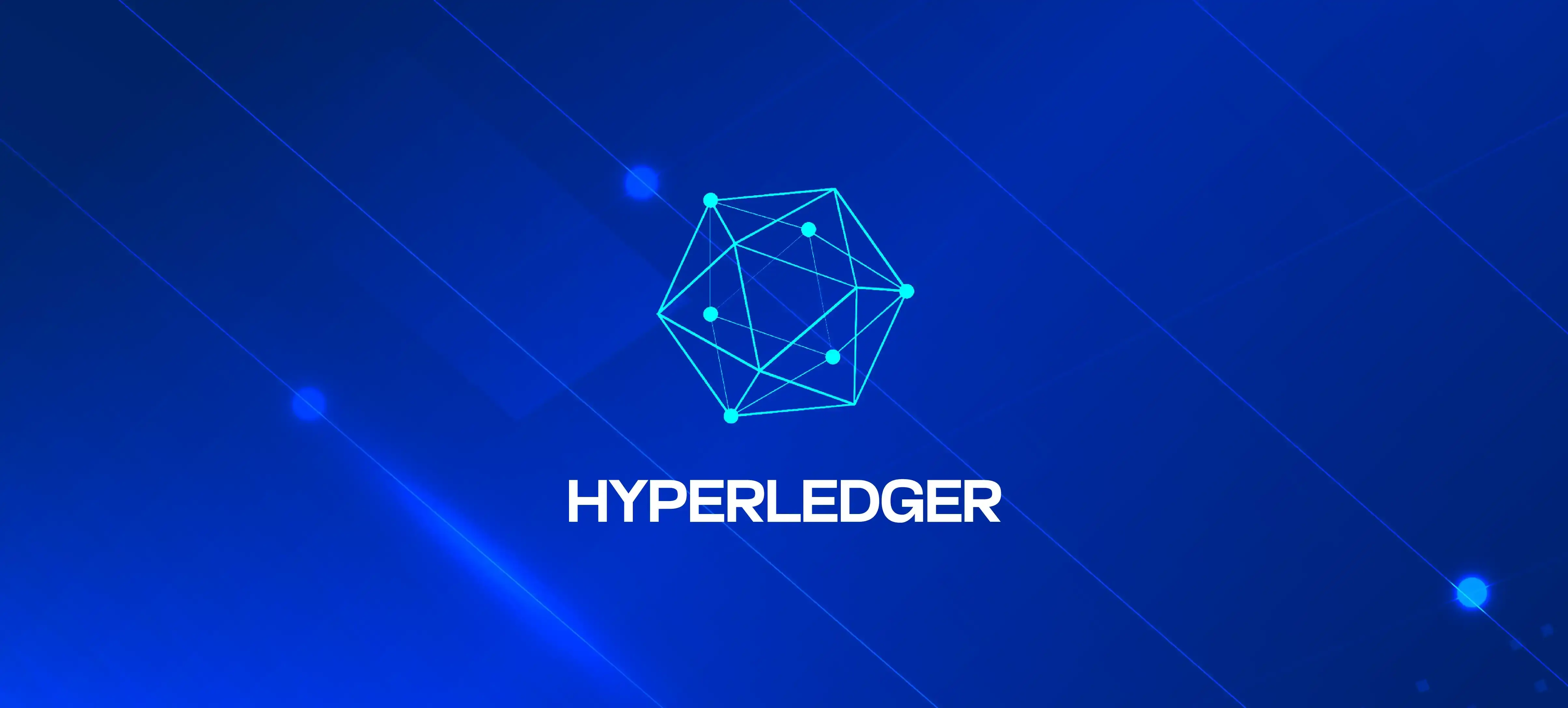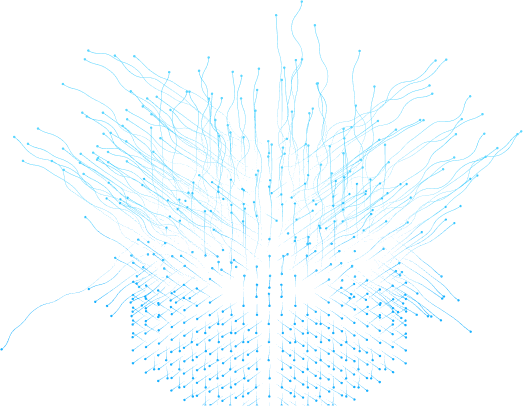
Top 10 Doubts and Questions on NFTs
Table of Contents
- Understanding NFTs
- Doubts and Questions
- 1. What is an NFT?
- 2. How do NFTs work?
- 3. Why are NFTs valuable?
- 4. Can I make my own NFT?
- 5. Are NFTs only used for digital art?
- 6. How do artists benefit from NFTs?
- 7. Can NFTs be stolen or hacked?
- 8. How can I buy or sell NFTs?
- 9. Can NFTs be resold?
- 10. How can I be sure that the NFT I'm purchasing is authentic and not a copy?
- The Future of NFTs
- Conclusion
In this digital era, NFTs have emerged as a revolutionary concept. However, with this popularity, doubts and questions among people in the market and the blockchain community has also increased. This blog aims to provide clarity and insights into the fascinating realm of NFTs, addressing the most commonly asked questions and shedding light on their unique characteristics. Additionally, we'll delve into the future of NFTs and discuss how brands have embraced this technology to redefine their presence in the market.
Understanding NFTs
Non-fungible Tokens (NFTs) are Unlike regular digital files, NFTs cannot be exchanged on a like-for-like basis, have verifiable proof of authenticity, and can be bought and sold on a specialized NFT marketplace.
Unique characteristics of NFTs
- NFTs can't be split in two.
- Each NFT is individual and frequently produced with a small number of special features.
- They are transparent and immutable ledgers.
- Transparency or modification is ensured by the recording of NFT transactions on a decentralized network of blockchain.
- NFTs are capable of having embedded smart contracts for automatic features like royalty distribution.
Doubts and Questions
This blog is all about NFTs and the doubts regarding NFTs in the air among people in the market and in the blockchain.
We will be addressing the 10 most doubted questions.
1. What is an NFT?
Non-fungible tokens are called NFT. It is a form of digital asset that indicates who owns or can verify a particular product or content, such as music, movies, collections, artwork, etc. NFTs are separate and non-exchangeable with cryptocurrencies like Bitcoin or Ethereum, which are interchangeable and interchangeable with each other.
2. How do NFTs work?
NFTs are constructed on blockchain technology, typically on platforms like Ethereum. Each NFT includes a one-of-a-kind digital signature that confirms its legitimacy, ownership, and attributes. The blockchain functions as a decentralized ledger, recording and confirming the NFT's ownership and transaction history. This technology ensures transparency and prevents unlawful asset copying or modification.
3. Why are NFTs valuable?
Scarcity, authenticity, and demand are all elements that contribute to the value of NFTs. NFTs are appealing to collectors and enthusiasts due to their distinctiveness and restricted quantity. Furthermore, the capacity to establish ownership and trace an asset's history adds value.
4. Can I make my own NFT?
Yes you can, indeed, design your own NFT. To do so, you must normally select a blockchain platform that allows NFTs, such as Ethereum, and adhere to the platform's specific guidelines and restrictions. Typically, you would mint (create a unique token) your NFT by uploading digital content, defining its features, and paying any applicable costs. Your NFT will be recorded on the blockchain once it has been coined and can be purchased, sold, or exchanged.
5. Are NFTs only used for digital art?
While NFTs first acquired prominence in the art world, they have since spread to a variety of other fields. NFTs can be used to represent ownership of digital art, music albums, virtual real estate, virtual items in games, collectible cards, domain names, and even real-world assets such as real estate or vehicles. NFTs' adaptability enables a wide range of applications outside traditional art.
6. How do artists benefit from NFTs?
NFTs provide various benefits to artists. They offer a novel method of monetizing digital products by selling directly to collectors without the use of intermediaries. Artists can earn royalties on secondary sales, guaranteeing that revenue is generated even after the NFT is resold. Furthermore, NFTs enable provenance and provable ownership, protecting artists' rights and preventing plagiarism or unauthorized replication.
7. Can NFTs be stolen or hacked?
Yes, It is critical to be aware of security hazards when dealing with NFTs. Unauthorized transfers can occur as a result of unauthorized access to private keys or wallet credentials. Users can avoid phishing and scams by verifying the validity of websites and platforms and using trustworthy platforms with strong security measures.
8. How can I buy or sell NFTs?
To engage in the purchase or sale of NFTs, it is usually necessary to utilize a marketplace that facilitates NFT transactions. Well-known NFT marketplaces such as OpenSea, Rarible, SuperRare, and NBA Top Shot enable users to explore, acquire, and trade NFTs using cryptocurrency. Prior to participating in any transactions, it is essential to exercise caution and conduct thorough research in order to ascertain the genuineness and worth of the NFTs.
9. Can NFTs be resold?
Yes, NFTs can be resold on secondary markets. When an NFT is resold, the transaction is recorded on the blockchain, and ownership is transferred to the new buyer. In some cases, the original creator of the
10. How can I be sure that the NFT I'm purchasing is authentic and not a copy?
It would have a valid contract address and a single copy of it, be listed on a verified marketplace, and have all the functions of an NFT.
The Future of NFTs
The future of NFT is that diverse applications are being developed, which include NFTs as a medium of communication, the art of manifestation, and a way to extend the business of Web3. NFTs have the potential to facilitate the tokenization of real-world assets such as real estate, intellectual property, sports NFT drops, or even fractional ownership in physical assets.
Conclusion
The Non-Fungible Token has shaken the world and made the metaverse NFT boom with rapid trading. Users are attracting massive profits and enjoying benefits, thus promoting NFTs as a new profitable investment scheme.
Table of Contents
- Understanding NFTs
- Doubts and Questions
- 1. What is an NFT?
- 2. How do NFTs work?
- 3. Why are NFTs valuable?
- 4. Can I make my own NFT?
- 5. Are NFTs only used for digital art?
- 6. How do artists benefit from NFTs?
- 7. Can NFTs be stolen or hacked?
- 8. How can I buy or sell NFTs?
- 9. Can NFTs be resold?
- 10. How can I be sure that the NFT I'm purchasing is authentic and not a copy?
- The Future of NFTs
- Conclusion
In this digital era, NFTs have emerged as a revolutionary concept. However, with this popularity, doubts and questions among people in the market and the blockchain community has also increased. This blog aims to provide clarity and insights into the fascinating realm of NFTs, addressing the most commonly asked questions and shedding light on their unique characteristics. Additionally, we'll delve into the future of NFTs and discuss how brands have embraced this technology to redefine their presence in the market.
Understanding NFTs
Non-fungible Tokens (NFTs) are Unlike regular digital files, NFTs cannot be exchanged on a like-for-like basis, have verifiable proof of authenticity, and can be bought and sold on a specialized NFT marketplace.
Unique characteristics of NFTs
- NFTs can't be split in two.
- Each NFT is individual and frequently produced with a small number of special features.
- They are transparent and immutable ledgers.
- Transparency or modification is ensured by the recording of NFT transactions on a decentralized network of blockchain.
- NFTs are capable of having embedded smart contracts for automatic features like royalty distribution.
Doubts and Questions
This blog is all about NFTs and the doubts regarding NFTs in the air among people in the market and in the blockchain.
We will be addressing the 10 most doubted questions.
1. What is an NFT?
Non-fungible tokens are called NFT. It is a form of digital asset that indicates who owns or can verify a particular product or content, such as music, movies, collections, artwork, etc. NFTs are separate and non-exchangeable with cryptocurrencies like Bitcoin or Ethereum, which are interchangeable and interchangeable with each other.
2. How do NFTs work?
NFTs are constructed on blockchain technology, typically on platforms like Ethereum. Each NFT includes a one-of-a-kind digital signature that confirms its legitimacy, ownership, and attributes. The blockchain functions as a decentralized ledger, recording and confirming the NFT's ownership and transaction history. This technology ensures transparency and prevents unlawful asset copying or modification.
3. Why are NFTs valuable?
Scarcity, authenticity, and demand are all elements that contribute to the value of NFTs. NFTs are appealing to collectors and enthusiasts due to their distinctiveness and restricted quantity. Furthermore, the capacity to establish ownership and trace an asset's history adds value.
4. Can I make my own NFT?
Yes you can, indeed, design your own NFT. To do so, you must normally select a blockchain platform that allows NFTs, such as Ethereum, and adhere to the platform's specific guidelines and restrictions. Typically, you would mint (create a unique token) your NFT by uploading digital content, defining its features, and paying any applicable costs. Your NFT will be recorded on the blockchain once it has been coined and can be purchased, sold, or exchanged.
5. Are NFTs only used for digital art?
While NFTs first acquired prominence in the art world, they have since spread to a variety of other fields. NFTs can be used to represent ownership of digital art, music albums, virtual real estate, virtual items in games, collectible cards, domain names, and even real-world assets such as real estate or vehicles. NFTs' adaptability enables a wide range of applications outside traditional art.
6. How do artists benefit from NFTs?
NFTs provide various benefits to artists. They offer a novel method of monetizing digital products by selling directly to collectors without the use of intermediaries. Artists can earn royalties on secondary sales, guaranteeing that revenue is generated even after the NFT is resold. Furthermore, NFTs enable provenance and provable ownership, protecting artists' rights and preventing plagiarism or unauthorized replication.
7. Can NFTs be stolen or hacked?
Yes, It is critical to be aware of security hazards when dealing with NFTs. Unauthorized transfers can occur as a result of unauthorized access to private keys or wallet credentials. Users can avoid phishing and scams by verifying the validity of websites and platforms and using trustworthy platforms with strong security measures.
8. How can I buy or sell NFTs?
To engage in the purchase or sale of NFTs, it is usually necessary to utilize a marketplace that facilitates NFT transactions. Well-known NFT marketplaces such as OpenSea, Rarible, SuperRare, and NBA Top Shot enable users to explore, acquire, and trade NFTs using cryptocurrency. Prior to participating in any transactions, it is essential to exercise caution and conduct thorough research in order to ascertain the genuineness and worth of the NFTs.
9. Can NFTs be resold?
Yes, NFTs can be resold on secondary markets. When an NFT is resold, the transaction is recorded on the blockchain, and ownership is transferred to the new buyer. In some cases, the original creator of the
10. How can I be sure that the NFT I'm purchasing is authentic and not a copy?
It would have a valid contract address and a single copy of it, be listed on a verified marketplace, and have all the functions of an NFT.
The Future of NFTs
The future of NFT is that diverse applications are being developed, which include NFTs as a medium of communication, the art of manifestation, and a way to extend the business of Web3. NFTs have the potential to facilitate the tokenization of real-world assets such as real estate, intellectual property, sports NFT drops, or even fractional ownership in physical assets.
Conclusion
The Non-Fungible Token has shaken the world and made the metaverse NFT boom with rapid trading. Users are attracting massive profits and enjoying benefits, thus promoting NFTs as a new profitable investment scheme.





